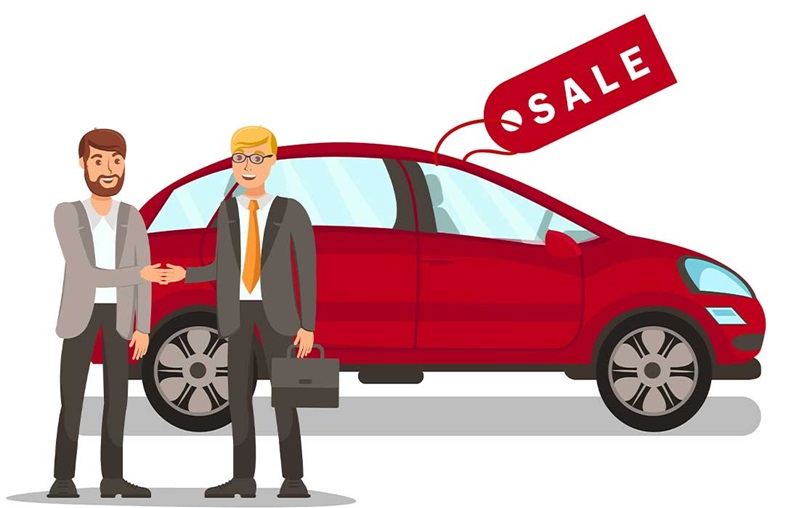Buying a used car can feel like navigating a minefield. You want a great deal, but you're also worried about hidden problems and dishonest sellers. Don't worry—with a little knowledge, you can buy used cars with confidence and avoid common pitfalls.
1. The Pre-Purchase Inspection is Non-Negotiable
This is the single most important thing you can do to protect yourself. Before you hand over any money, take the car to a trusted, independent mechanic for a full inspection. They will be able to spot issues you would never see on your own, like a bent frame from a past accident, a failing transmission, or a cracked engine block. This small fee could save you thousands in future repairs.
2. Get the Car's History Report
A vehicle history report from a service like CARFAX or AutoCheck is essential. It can tell you a lot about the car's past, including:
- Accident history: Was the car in a major collision?
- Service records: Has the car been regularly maintained?
- Ownership history: How many people have owned the car?
- Flood or fire damage: Was the car ever a total loss?
This report gives you a clear picture of the car’s life and helps you avoid a lemon.
3. Don't Fall for a "Great Deal" That Seems Too Good to Be True
If a car is priced significantly lower than similar models, there's usually a reason. A seller might be trying to quickly offload a car with major mechanical issues. Always be skeptical of listings that are suspiciously cheap and sellers who are overly eager to sell without letting you get a proper inspection. A legitimate seller will have no problem with you getting a third-party inspection.
4. Know the Difference Between Private Sellers and Dealerships
- Private Sellers: Often offer the lowest prices because there's no middleman. However, the transaction is "as-is," with no warranty or recourse if something goes wrong.
- Dealerships: Prices are generally higher, but they often offer certified pre-owned (CPO) vehicles with a warranty. This provides more security, especially for buyers who are not mechanically savvy.
5. Take an Extensive Test Drive
Don't just drive around the block. Take the car on the highway to check for vibrations at high speeds. Drive it on some back roads to test the suspension. Turn the air conditioning and heater on and off. Listen for any strange sounds—clunks, squeals, or grinding noises are all red flags. A test drive is your chance to feel if the car handles and sounds normal.
By following these simple steps, you can significantly reduce your risk and feel confident when you buy used cars. Knowledge is power, and in the used car market, it’s your best defense against a bad deal.





Comments